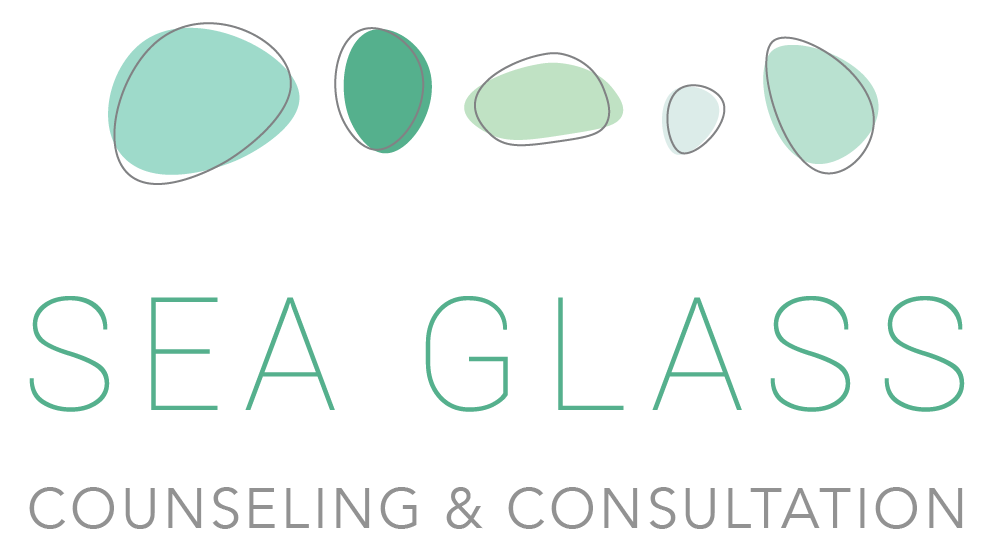4 Positive Ways EMDR Can Affect the Brain
The adaptability and flexibility of the human brain is incredible, and nowhere is that more on display than among individuals who have experienced trauma. Our brains adapt to those experiences by hyping up our sensitivity to emotional and physical danger. Our bodies are always primed and ready to enter fight-or-flight mode.
It’s evolutionary biology in real-time. The brain sacrifices feelings of safety and comfort in exchange for hypervigilance and the tools necessary to survive a difficult situation. What makes EMDR so very incredible, and so very powerful, is that it takes advantage of the brain’s adaptability to reprocess the traumatic experiences that shaped us and rewire some of those connections.
Trauma & brain function
Our decision-making, impulse control, and ability to regulate our emotions are controlled partly by the prefrontal cortex, as well as the amygdala and the hippocampus. All three of these areas are heavily altered by exposure to traumatic events, particularly during development.
As a result of traumatic events we can experience:
Heightened activity in the amygdala
Reduction in volume of the hippocampus
Reduction in the function of the prefrontal cortex
These changes are a direct result of our bodies adapting to difficult circumstances. EMDR Therapy is effective because it allows clients to reprocess traumatic experiences in a safe environment, and engage their natural ability to heal.
Here are a few of the ways EMDR can help.
Emotional regulation
One of the principal benefits of EMDR is in helping us improve emotional regulation. This means a reduction in negative emotions. Think about some of the emotions you may struggle with on a daily basis: anger, irritability, anxiety, and fear.
These are directly tied in with your fight-or-flight instinct. That’s not an accident. It’s natural. When you burn your finger on a hot stovetop, your body teaches you not to do that again with pain. By the same token, when we experience abuse, bullying, betrayal, or neglect—our bodies start sending out warning signals so we can avoid those things in the future.
EMDR helps clients ease off that fight-or-flight instinct, and restore their sense of safety.
Improved self-esteem
Another major component of EMDR therapy relates to negative self-talk which sometimes becomes so ingrained in us that it’s routine. By taking advantage of bilateral stimulation, EMDR treatment allows people to explore the root causes of that negative self-talk, reprocess those beliefs, and “install” healthier, more adaptive belief systems.
Enhanced recall
Our bodies store memories in a variety of different ways. During traumatic events, our memories are likely to either be sharpened to a painful point, or dulled to the degree that we can’t really remember what happened. You can see this with women after childbirth—their brains try to “fog” the memory of labor.
Similarly, our bodies sometimes muddy up those traumatic memories out of necessity. Often, that’s because they’re tied in with a parent or caregiver that’s neglectful or abusive—someone we see on a daily basis, and can’t get away from. Other times, it’s because remembering clearly what happened is simply too painful or upsetting.
EMDR therapy helps to restore some of that function. By reprocessing those memories in safety, it’s possible to reduce the frequency with which they’re unconsciously triggered, causing panic attacks and anxiety.
Self awareness
EMDR is a powerful tool for gaining a sense of self awareness and agency. By digging deep into our memories, we’re better equipped to understand how those traumatic experiences shape us. Often, knowing how they shape us is enough to let us move on from them, and gain a sense of closure.
Learn more
Our goal at Sea Glass is to leverage the latest brain science to help you heal. Reach out today if you’re interested in learning more about EMDR treatment. For busy professionals with limited free-time, we offer EMDR Intensives which let you cover more ground in fewer sessions.
Sea Glass Counseling and Consultation is an EMDR therapy practice in Dublin, Ohio. Our compassionate, skilled therapists use evidence-based techniques grounded in the neurobiology of stress, trauma, and relationships to make sure your treatment is personalized and effective. Sea Glass therapists provide telehealth counseling in Ohio for individuals and couples. We’re best known for providing Intensive EMDR therapy, anxiety treatment, and sex therapy for Christians. Interested in working together? Contact us today to get started with a Certified EMDR therapist in Ohio.

